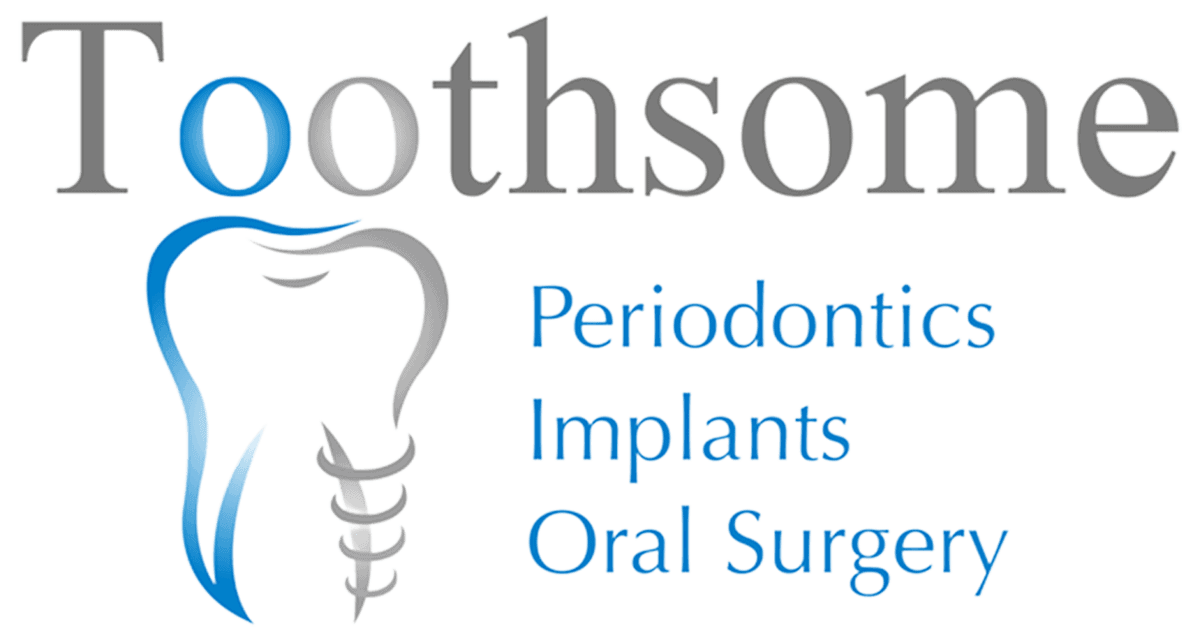
There are various methods of replacing missing or damaged teeth, each with their benefits and drawbacks. Dental implants are among the most popular treatments available, thanks to their many advantages, such as durability.
Our informative guide discusses how dental implants work and gives a step-by-step guide to dental implant surgery.
What Are Dental Implants?
A dental implant is a slender screw-like post that is embedded in the jawbone during dental implant surgery. The surrounding bone tissue fuses to the implant, which acts as a sturdy root for the artificial tooth. The implant is typically made of titanium and zirconium, which doesn’t cause adverse allergic reactions because of its biocompatible nature.
How Dental Implants Work?
As the jawbone fuses to the dental implant, it becomes a permanent base for a crown, bridge, or denture. Without this base, an artificial tooth would have to be supported in another way, such as being attached to a neighbouring tooth. The process of the bone fusing to the implant is called osseointegration.
Osseointegration occurs when the jawbone cells grow and grip securely to the new dental implant. When dental implants are made, threads are cut onto both the outside and inside, giving it a screw-like appearance. Osseointegration typically takes between 6-8 weeks to occur. Once the implant has been fully integrated, the abutment and replacement tooth can be attached.
The dental implant mimics a natural tooth’s root, but it needs an artificial tooth to be complete. This is usually a dental crown that is skillfully made to blend perfectly with the surrounding teeth, taking shape, size, and colour into consideration. The tooth is connected to the implant via a small hook or ball structure called an abutment, usually made from titanium, zirconia, or gold.
Why Choose Dental Implants?
If you have one or more missing or damaged teeth, dental implant surgery may be a good option for restoring your smile. Dental implants can be used to support an individual crown or multiple artificial teeth. Many people opt for a dental implant over other tooth replacement options, such as removable dentures or fixed dental bridges because of their convenience and durability. Some of the advantages of dental implants include:
- Dental implants look, feel, and function like natural teeth.
- They are extremely strong and can withstand significant bite force pressure, unlike other tooth replacement options.
- The implant is embedded into the jawbone, so it prevents bone loss and any subsequent facial hollowing.
- Implants can last a lifetime, although the crown may need replacing after 15-20 years.
- Although the initial cost is relatively high because they don’t need to be replaced, dental implants are good value for money in the long run.
- Dental implants don’t affect the surrounding teeth.
- Having a dental implant does not affect your speech or what you can eat.
- They do not require any special maintenance besides good oral hygiene.
- Dental implant surgery is a tried and tested procedure regularly used by experienced dentists, such as the talented dental professionals at Toothsome.
What Makes a Good Candidate for Dental Implant Surgery?
Although dental implant surgery has a high success rate, not all patients are suitable candidates for this procedure. The following factors can affect the success of a dental implant:

- The presence of advanced gum disease or generally poor oral hygiene.
- If the patient’s jawbone doesn’t have enough tissue density or hasn’t reached full growth.
- If the patient has an existing health condition that impacts bone healing, such as certain autoimmune diseases.
- Smoking
Before you and your dentist or periodontist decide on an appropriate treatment plan, they will perform a thorough examination to determine your suitability for dental implant surgery. It is vital that you share any relevant medical history with your dentist to ensure you receive the best treatment.
The Dental Implant Surgery Procedure
The dental implant procedure takes 6-8 weeks and various trips to your dentist or periodontist. Although each patient is different, and some may require additional treatment (up to 6 months), such as a bone graft or sinus lift, the standard procedure is:
- Examination
Before going ahead with the surgery, your dentist or periodontist will conduct a comprehensive oral examination. They need to see the full picture to create the right treatment plan. At Toothsome, we use diagnostic imaging such as X-rays and CT scans to provide us with an accurate view of your oral health. We can offer these specialised imaging techniques in-house at Toothsome.
- Tooth Extraction
If you have dental implant surgery to replace a damaged tooth, our dentist Dr Willis or periodontists Dr Chou or Dr Rodricks will remove it in an individual appointment and may be able to place the implant at the same visit. Sometimes, if there is an infection or insufficient bone, the, 6 weeks or less commonly 3-4 months are required before the implant placement.
- Insertion of the Implant
At Toothsome, the implant surgery itself can be done in one appointment and usually takes less than one hour. There is no pain because we use local anaesthetics to ensure the entire region is numb.
You will then wait one week for the next appointment for a review and then 6-8 weeks to ensure that the bone properly fuses to the implant. If needed, a temporary crown will be fitted to fill the gap.
- Fitting of the Abutment
At Toothsome, our Periodontists and Dentists usually place a healing abutment at the same time as implant placement. This looks like a small cap that pokes through the gum and allows the gum to heal at the same time as the implant is integrating.
- Making the Crown
Once it is in place and the gums have healed, our dentist or your dentist takes an impression of the area to be sent to the lab who will make your customised crown. At Toothsome, we use Trios Digital scanners to scan the implant. This data is sent to our dental ceramist who handmakes our dental crowns.
- Fitting the Crown
At the final appointment, our dentist or your dentist will fit your crown, bridge, or denture. Before doing so, they will make sure you are 100% happy with the way it looks and feels.
Smile With Confidence
If you are suffering from discomfort or a lack of confidence because of a missing or damaged tooth, it’s crucial that you find a solution that suits you. If you are still wondering how dental implants work, book a consultation with our skilled dental team to assess your situation, address your concerns, and devise a treatment plan.
Call Toothsome Implant Chatswood today on (02) 9159 3728 to schedule an initial appointment and take your first step to smiling with confidence.
Note: Any surgical or invasive procedure carries risks. Before proceeding, you should seek a second opinion from an appropriately qualified health practitioner.


